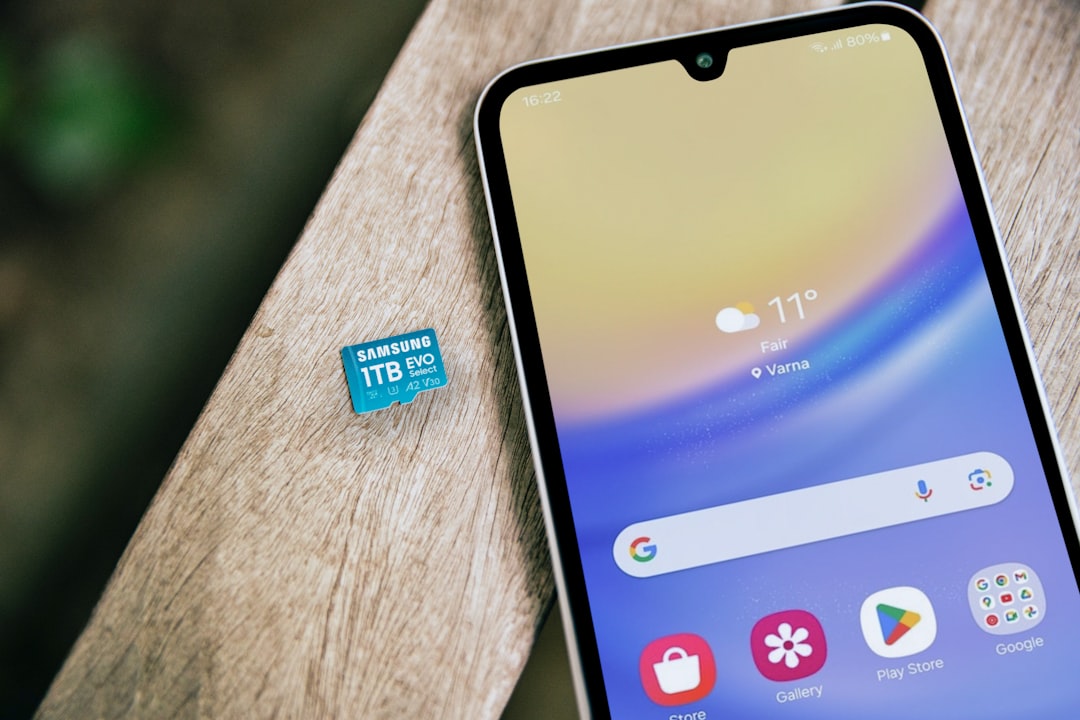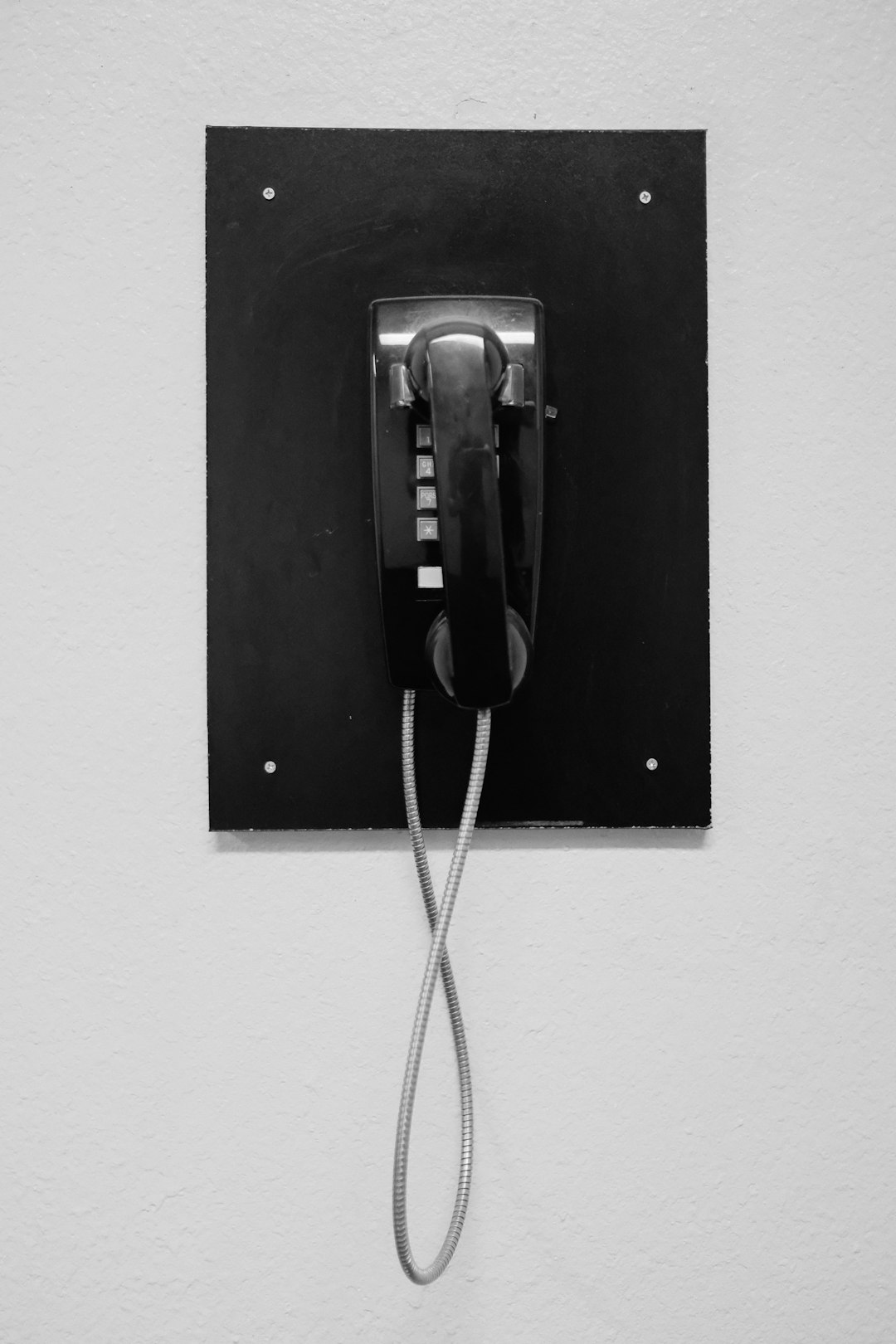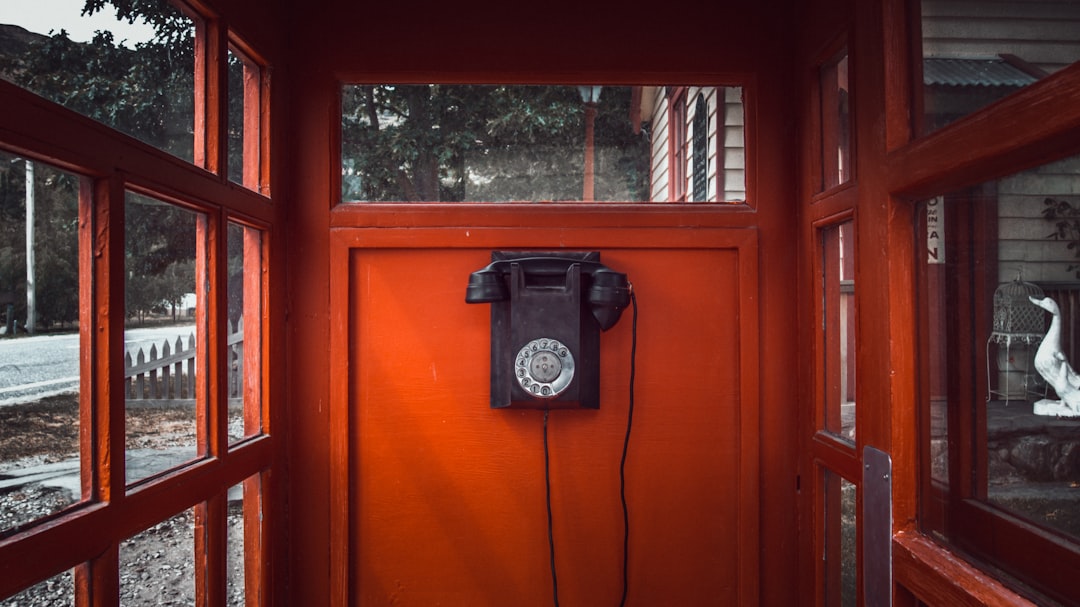In Maine, residents have powerful tools to combat spam calls through state-level Do Not Call Registry and federal laws like the Telephone Consumer Protection Act (TCPA). These measures allow Mainers to register their numbers, restrict telemarketing calls, and seek legal action through a Spam Call law firm if their privacy is violated. Despite these protections, Skowhegan residents face persistent spam issues. Understanding their rights and working with specialized firms can help reclaim control over communication channels.
Skowhegan residents face a growing dilemma with the clash between Maine’s Do Not Call Registry and federal spam call regulations. As consumers increasingly seek protection from unwanted calls, this conflict raises questions about individual rights and business practices. This article explores Maine’s unique approach to spam calls, delves into federal laws, and examines how Skowhegan residents can navigate these complexities, including understanding their legal options with a specialized spam call law firm in Maine.
Understanding Maine's Do Not Call Registry: A Resident's Guide

In Maine, residents have a powerful tool to combat unwanted and harassing phone calls: the Do Not Call Registry. This state-level initiative is designed to protect Mainers from persistent spam calls, ensuring their peace of mind. When a resident registers their number on this list, they signal to telemarketers and call centers that they do not wish to receive marketing calls. The Maine Do Not Call Registry operates as a safeguard, allowing residents to take control of their communication preferences.
The process is straightforward; eligible Mainers can register their landline or mobile numbers online or by phone. Once registered, businesses covered by the state’s spam call law firm Maine regulations must refrain from initiating automated or prerecorded calls and live sales calls to the resident’s number for a specified period. This measure significantly reduces the frequency of unwanted telemarketing attempts, providing residents with a quieter, more enjoyable experience.
Federal Spam Call Laws: What Every Mainer Should Know

In Maine, residents are protected from unwanted spam calls by federal laws designed to curb intrusive telemarketing practices. The Telephone Consumer Protection Act (TCPA) is a key piece of legislation that limits how businesses can contact consumers via phone. This law firm in Maine specializes in spam call regulations and helps residents understand their rights.
Mainers should be aware that the TCPA prohibits calls using automated dialing systems or prerecorded messages without prior express consent. This means companies cannot bombard your phone with marketing calls unless you’ve explicitly given permission. If you feel your privacy has been invaded by spam calls, you have legal recourse to file a complaint with the Federal Trade Commission (FTC) or take action through a Maine spam call law firm to protect your rights under federal regulations.
Navigating the Conflict: When State Meets Federal

In Maine, as in many states across the country, residents have grown increasingly frustrated with the deluge of unwanted spam calls, prompting a push for stricter regulations. However, navigating the conflict between state-level efforts like Maine’s Do Not Call Registry and federal laws can be complex. The Telephone Consumer Protection Act (TCPA), a federal spam call law, sets broad guidelines for telemarketing practices, while individual states, including Maine, have their own nuances and loopholes. This disparity can lead to confusion and challenges for both residents looking to protect their privacy and businesses operating within these regulations.
When state laws like Maine’s intersect with federal mandates, it creates a layered system where local initiatives must conform to broader national guidelines. While this ensures consistent protection for consumers nationwide, it also demands that residents and businesses stay informed about evolving regulations. A spam call law firm in Maine can play a crucial role in helping individuals and companies understand these complex laws, ensuring compliance, and safeguarding against potential legal repercussions stemming from unintended violations of federal or state telemarketing rules.
The Impact on Skowhegan Residents and Legal Options

For Skowhegan residents, the issue of spam calls has become a persistent and frustrating problem. With the ever-evolving telecommunications landscape, navigating the waters of federal regulations and state-level initiatives like Maine’s Do Not Call Registry can be challenging. The impact is significant; excessive unwanted calls disrupt daily life, waste valuable time, and contribute to rising communication costs.
Legal options are available for affected residents. A spam call law firm in Maine, for instance, can offer guidance and representation if these nuisance calls violate existing laws. By understanding their rights under federal regulations and state-specific protections, Skowhegan residents can take proactive steps to mitigate spam calls and reclaim control of their communication channels.






